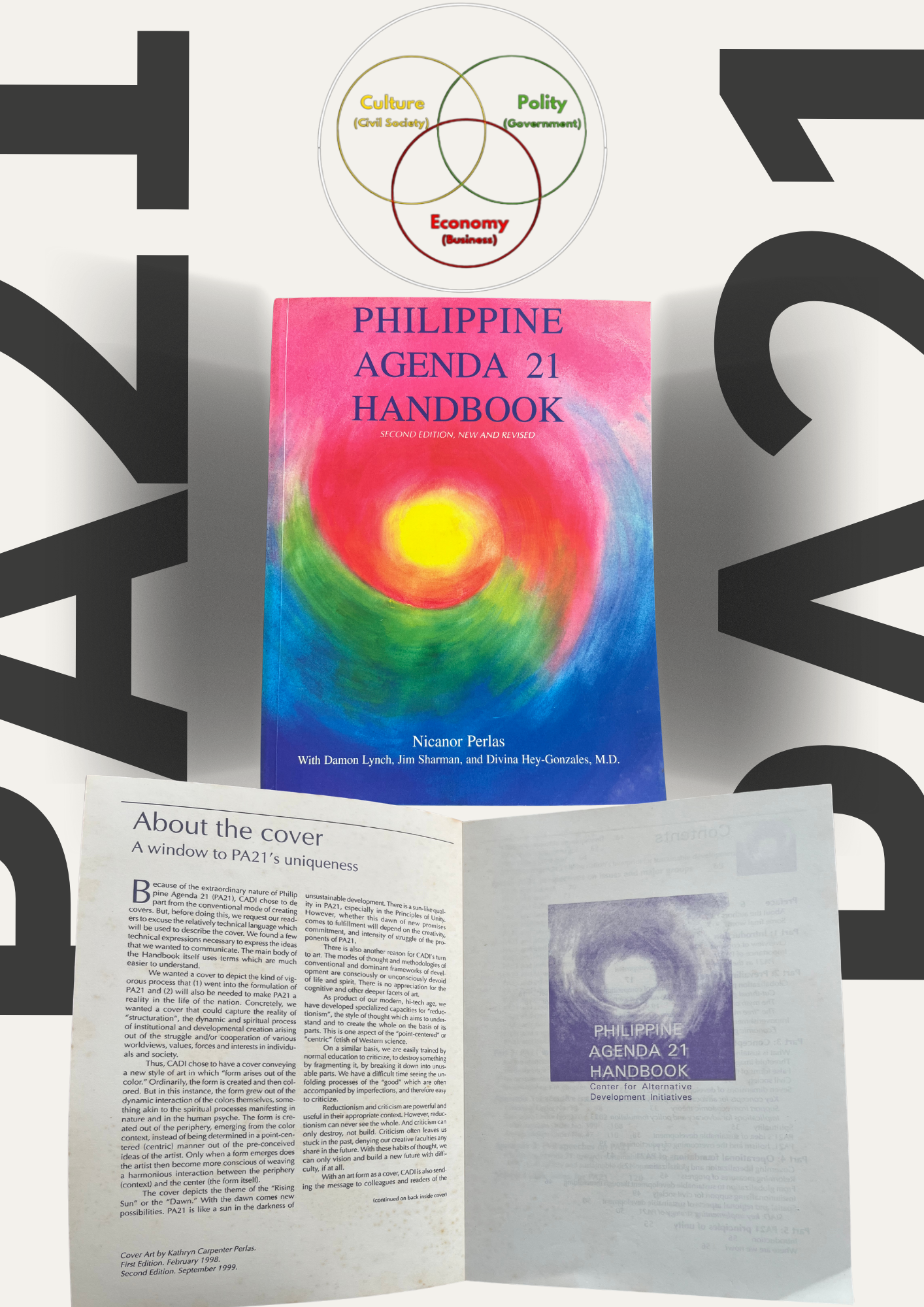Once upon a summit, back in 1992, world leaders gathered in Rio de Janeiro for the Earth Summit—a UN mega-brainstorm on saving the planet. The Philippines came home with a mission and turned it into something uniquely ours: Philippine Agenda 21 (PA 21). Think of it as a love letter to the land, written by visionaries and signed by every Filipino who dreams of a future that’s just, green, and inclusive.
Officially born on September 26, 1996, through Presidential Memorandum Order No. 399, and pushed by then-President Fidel V. Ramos, PA 21 was no mere paper tiger. It was a serious commitment: reduce poverty, push social justice, govern better, promote peace, and save our environment.
Lofty? Absolutely. But also deeply grounded. PA 21 didn’t stay in the clouds—it touched soil, surf, and soul. It believed that every sitio, barangay, city, and region could be part of a living, breathing development plan. Not top-down. Not foreign-dictated. But proudly Filipino.
And the best part? It wasn’t just about government doing things for people, but with them—and most importantly, through them. As one advocate once said, “Development is sustainable if it is fully guided by these parameters.” We’re talking about a full-blown symphony between civil society, LGUs, and businesses, working hand in hand—not stepping on each other’s toes.
But a good plan needs a reliable engine. Enter the Department of the Interior and Local Government (DILG), who in 2021 handed local governments a power tool: Memorandum Circular No. 2021-012. This circular didn’t just ask—it mandated—that every LGU establish a Civil Society Organization (CSO) Desk and a functioning People’s Council.
Suddenly, civil society wasn’t on the sidelines anymore. The bleachers became boardrooms. Local special bodies started welcoming CSO reps not as guests, but as partners. Later in the same year, DILG made sure no LGU could play hard to get by issuing MC 2021-054, clarifying that People’s Councils weren’t optional decorations—they were essential gears in the machine of participatory democracy.
And no, this isn’t just bureaucracy in fancy clothes. In cities like Naga and Dumaguete, People’s Councils transformed governance from backdoor dealings to living-room conversations. Community leaders now had a seat at the table—and a real voice. As one civil society champion bluntly put it: “If CSOs do not speak up… then there is no participatory local governance.”
But don’t let the legal jargon fool you. The real story here is about reclaiming our place in the shaping of our future. Philippine Agenda 21 set the stage for long-term, ecologically sound, people-first development. DILG’s circulars gave us the microphone.
Still, not everything’s perfect. Some critics warn that People’s Councils risk becoming echo chambers unless they’re truly independent from local political dynasties. Like any good tool, they can build—or be misused. That’s why vigilance and transparency are non-negotiable.
Now imagine your barangay hall—no longer a place where decisions are handed down, but where they rise from the ground up. Where farmers, fisherfolk, youth, women, IPs, and ordinary citizens can say, “Here’s what we need. Here’s what works. Let’s do this together.”
Picture a coastal town saving its mangroves because locals proposed it. Envision a mountain community co-designing an ecotourism plan that puts their culture—and income—front and center. That’s people-powered development.
President Ramos once called PA 21 a blueprint for preserving national development into the 21st century. Today, paired with MC 2021-012 and People’s Councils, it’s not just a blueprint—it’s a house we can all help build.
This is more than just policy alignment. This is the 1987 Constitution in action: recognizing that sovereignty truly resides in the people—not just every six years during elections, but every single day at the barangay hall, the city council, the planning meeting.
Here’s the bottom line: When ordinary people help shape development, it becomes more than a project—it becomes a shared promise. PA 21 gives us the why. DILG’s circulars give us the how. And the People’s Councils? They are the who.
Because sustainable development doesn’t happen to communities—it happens because of them.
And maybe, just maybe, the future we keep praying for starts with one more voice at the table—yours.





Leave a Reply